Generally speaking, there are mainly four types of golf bags: Tour Staff Bags, Cart Bags, Stand Bags, and Sunday Bags. Having a solid understanding of each golf bag will help you understand which bag is right for you and your golf game.
1. Tour Staff Bags
Anyone who watches golf on TV will see a Tour Staff bag being used by the best golfers in the world. However, the golf bags they use are not exclusive to professional golfers; you can own one too!
Pros:
- These golf bags provide a professional look, and can be customized with a company logo.
- Staff Bags provide plenty of room for everything you could need, especially on rainy days where you need a full rain suit, an extra pair of golf shoes, etc.
Cons:
- Even though some Tour Staff Golf Bags offer dual strap models, these bags can still be very heavy and not conducive to carrying around the golf course.
- The protruding front pockets make them awkward to sit on a pull or push cart, which limits a Staff Bag to just sitting on a cart.
2. Cart Bags
As the name suggests, these golf bags are specifically designed for being attached to a golf cart. The best golf cart bags feature a cart strap loop, which allows you to securely fasten the bag into the back of the golf cart, along with ample space for golf clubs and several useful pockets.
Pros:
- This golf bag is designed perfectly for golfers who only ride in golf carts or use a pull cart.
- Despite it’s larger size compared to a stand bag, cart bags are lightweight and don’t take up too much space in the backseat or trunk.
Cons:
- A cart bag does not work very well for carrying around the golf course, which limits its use, especially for international golf travel where golf carts may not be permitted.
- Even the best cart bags can be a bit extreme in the number of pockets it offers, as too many pockets can make it difficult to keep track of where you’ve placed things.
3. Stand Bags
Lightweight and with stand legs that keep your golf bag upright, these bags are by far the most popular for players who prefer to walk and carry their golf bags.The best Stand Golf Bags feature strong legs that expand and collapse consistently, comfortable dual straps, full length dividers to keep your clubs organized, and enough pockets to carry all your gear.
Pros:
- Not only are these bags great for the golf course, they also allow golfers to keep their clubs upright on their own when they’re on the driving range or the chipping/putting green, something you can’t do with a staff or cart bag.
- Takes up much less space than a cart or staff bag, which makes it easy for a foursome’s worth of stand bags to fit in most car trunks.
Cons:
- The base and legs of a stand bag make it awkward to place on a pull/push cart.
- More prone to damage, particularly in regards to the legs and base mechanism.
4. Sunday Bags
Whether they’re called a Carry Bag or a Sunday Bag, these golf bags are the lightest and smallest golf bags available.The vast majority of carry bags can hold a full set of clubs, but its best benefit is carrying just a few golf clubs for practice.
Pros:
- Sunday Bags are not only incredibly light, they take up very little space, which means it can sit in your trunk and be easily accessible for late practice sessions.
- Some Carry Bags also include legs, but even the ones that don’t are easy to pick up off the ground and keep carrying.
Cons:
- Limited storage space for your golf accessories, such as tees and golf balls.
- The bags with stand legs are susceptible to being blown over in heavy winds.
Above we talked about the mainly difference among 4 types of golf bags. Welcome to join us if you have any additional comments.If you found this article helpful, please give it a like, and make sure to follow us for future content!




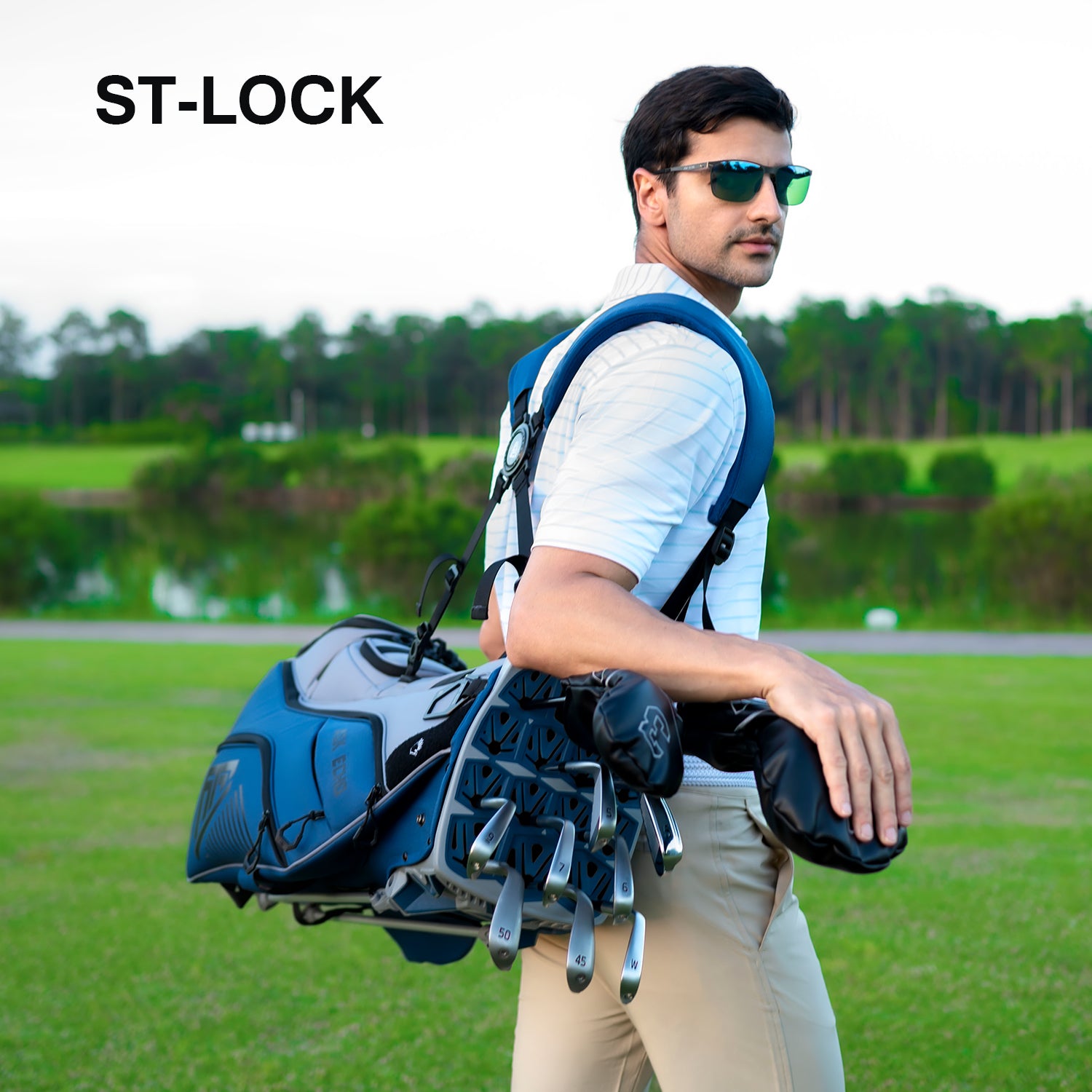

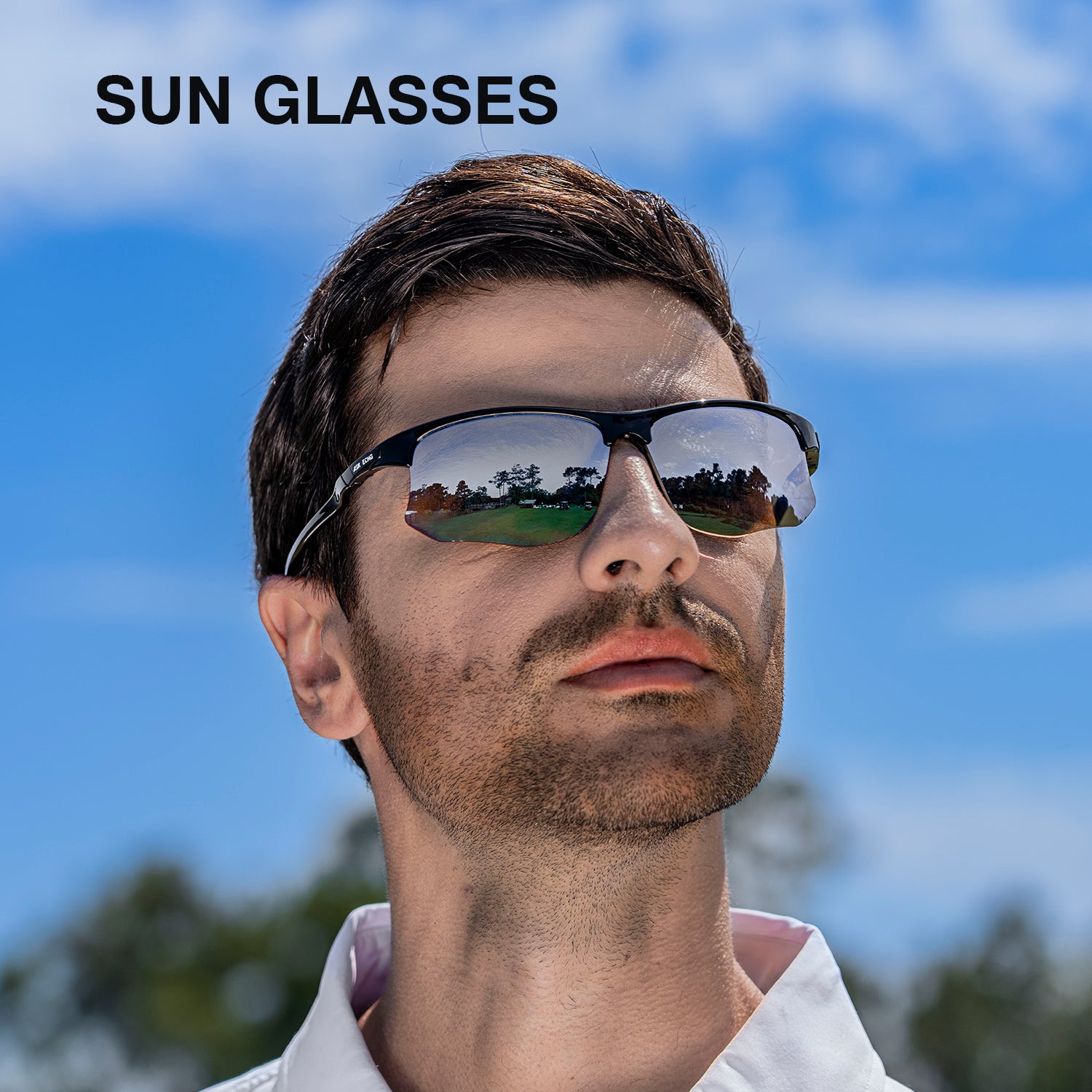
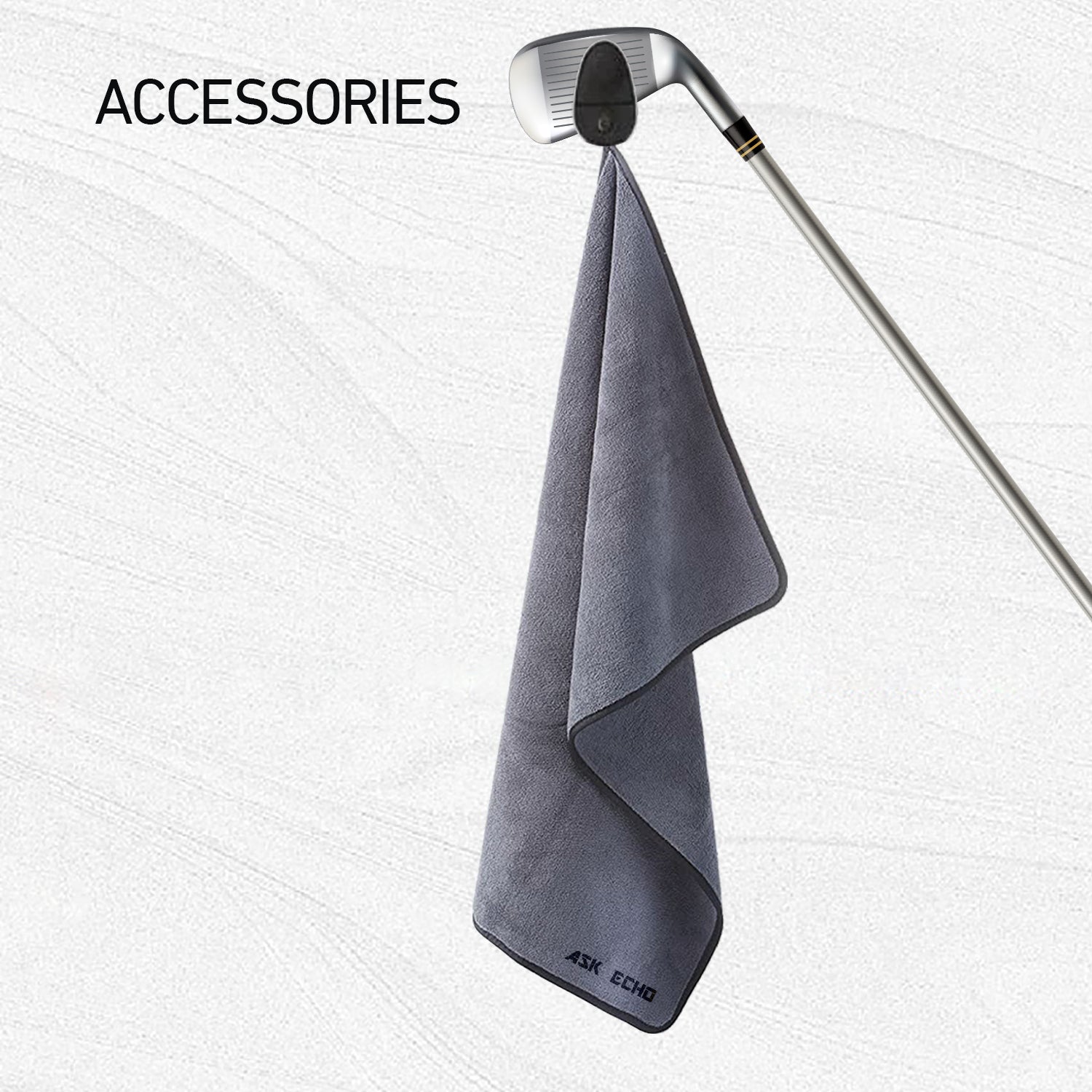


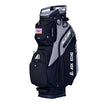


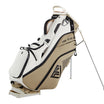






Leave a comment
All comments are moderated before being published.
This site is protected by hCaptcha and the hCaptcha Privacy Policy and Terms of Service apply.